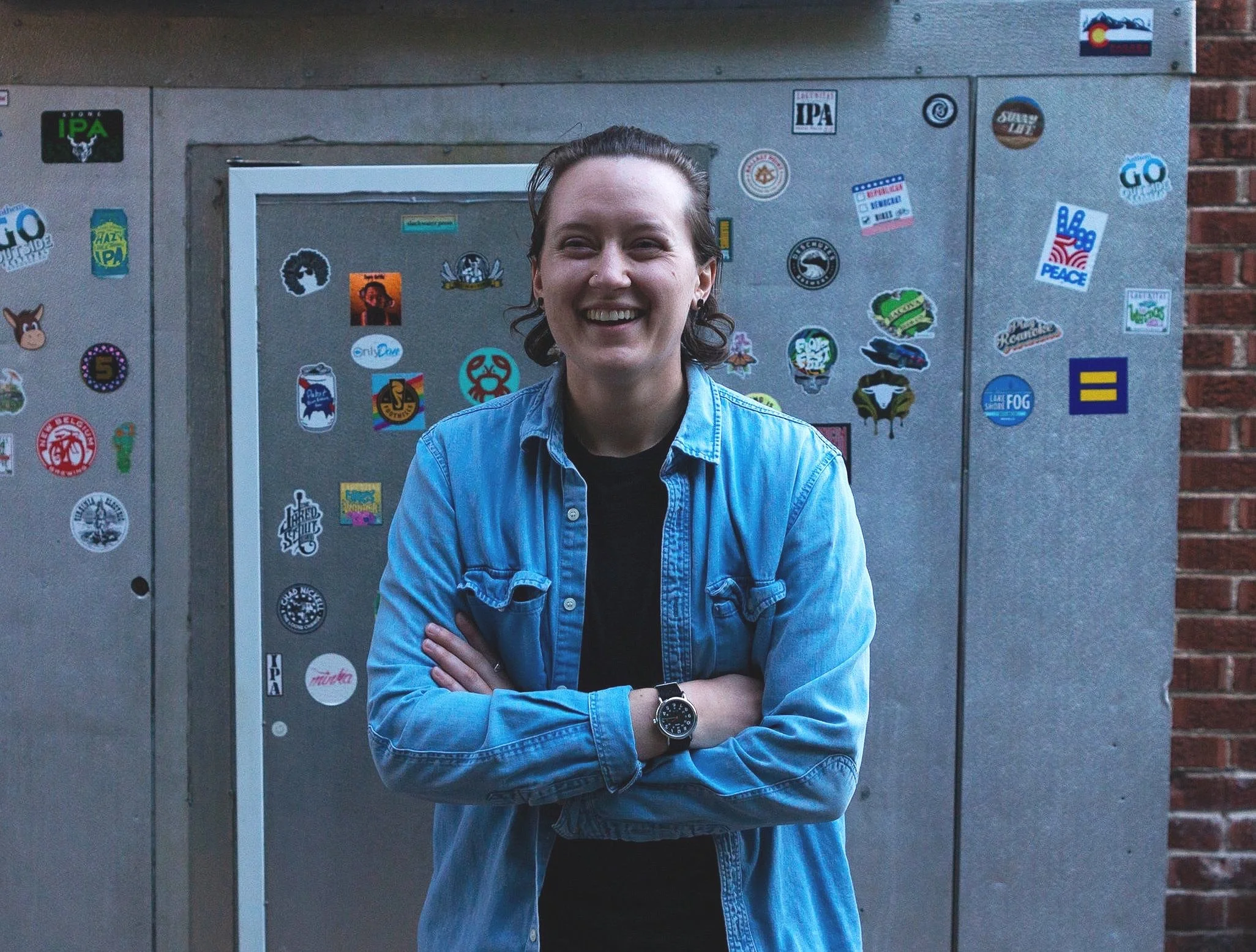Image “The War Is Still Here” by Fatma Fahmy
What does it mean to be a revolutionary storyteller?
Fatma Fahmy is a documentary photographer based in Cairo, Egypt that focuses on environmental and social issues.
Having received a B.A in Chemical Engineering from Cairo University in 2013, Fatma’s desire is to focus on societies that are preserving their traditional roots. As such, ethnographic photography is an important part of her work and passion. Evoking nostalgia and transformation, her ethnographic photography practices create visual narratives that mimic the memory of the place and its people. Her intention is to tell stories that serve Arab communities. She’s also one of five Revolutionary Storyteller grantees at Photographers Without Borders for 2022.
Fatma’s project seeks to bring awareness of the pollution of Lake Qarun, considered to be one of the oldest natural lakes in the world and the third largest lake in Egypt. It is a sacred source of water for fish, habitat and local villagers. The project is an effort to expand the knowledge of what is happening in the area and to mitigate the effects of climate change through document stories of those who rely on the lake.
Image “On the Tram” by Fatma Fahmy
Fahmy’s story foregrounds the side effects of pollution on the lake, highlighting the fishermen who had to deviate from their work, turning to other avenues and ventures for their livelihood.
In 1989 Lake Qarun was designated as a protected area; however, as a result of industrial waste and municipal effluents being dumped into the lake after the start of the industrial renaissance in Egypt during the 19th century, environmental degradation and health concerns have persisted. There have also been sugar and salt factories constructed near Lake Qarun, causing detrimental side effects on the wellbeing of the environment.
Portrait of Fatma Fahmy by Reda Khaled
The industrial pollution and domestic waste has not only been affecting the state of fish in the lake, but also causing side effects on anyone that lives in close proximity to the sites. The number of boats operating in the lake has decreased from 605 to 10 and that fishermen have abandoned their work in the lake, in search of opportunities elsewhere.
As part of her project, Fatma will be using a portion of the grant to aid the community with a wastewater purification project. And while this story is supporting the Egyptian Community and the villagers living around Lake Qarun, the ripple effects of such a project extend far beyond.
Fatma’s emphasis on the industrial pollution of the lake depicts the large-scale problems of climate change. In order to bring about change, conversations must be started with intent and care.
While Fatma works on completing her project, you can view her work in the Mother Earth Speaks CONTACT exhibit and by following her on Instagram.
Image “No Place Like Home” by Fatma Fahmy









